New waste-to-hydrogen plant in Tokyo to convert wastewater sludge into H2 for vehicles and power generation
Green Car Congress
APRIL 5, 2021
Renewable hydrogen systems manufacturer Ways2H Inc. announced the completion of a facility in Tokyo that will convert sewage sludge into renewable hydrogen fuel for fuel cell mobility and power generation. In addition to wastewater sludge, plastic, paper, municipal solid waste and other refuse will be processed.

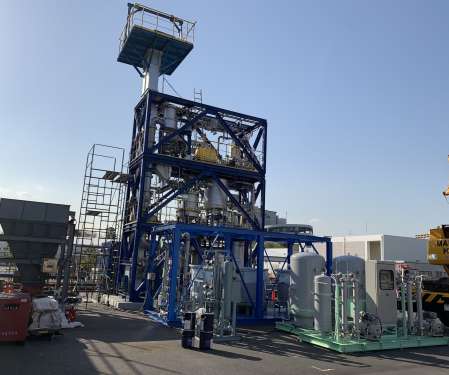


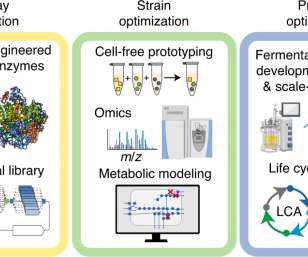




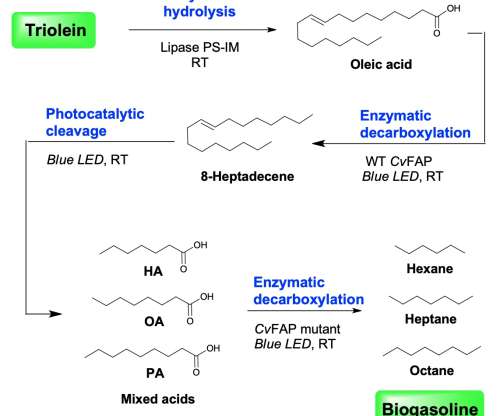












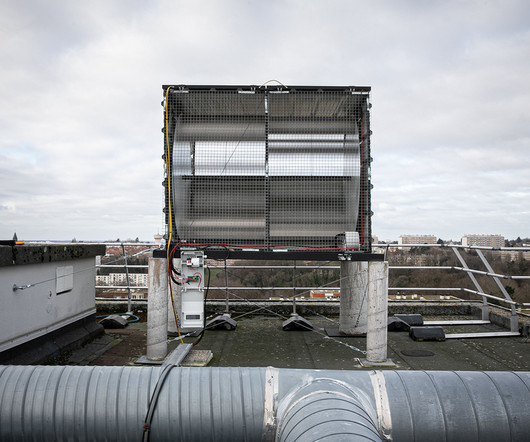



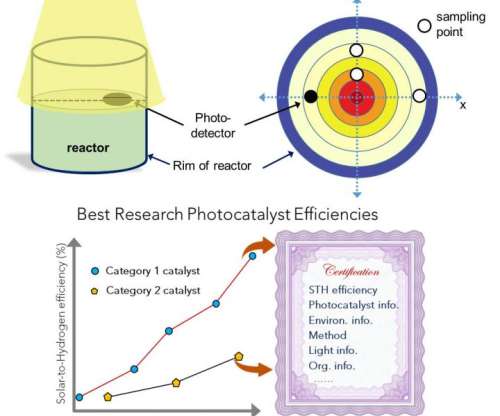















Let's personalize your content